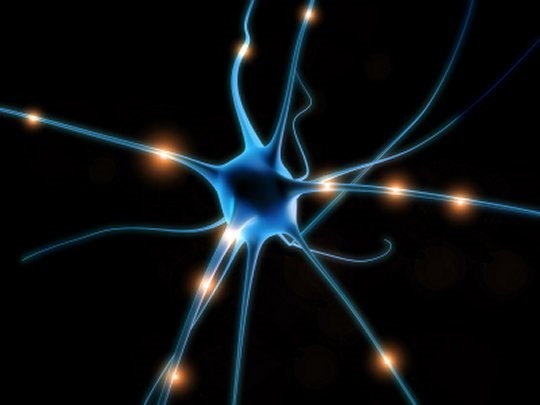– Corrado Gnerre
Finding myself talking to non-believing friends, the objection that I often receive is this: how is it possible to believe in the existence of the soul if it is shown that man’s intellectual activity is only in his brain? This objection puts me in difficulty. How can you answer that?
Dear …, among the distinctive features of post-modernity there is not only relativism (which has nihilism as its logical and coherent epigone), but also the destruction of man. It is evident that when we speak of “destruction of man” we mainly mean the destruction of what manifests itself as human originality: that is, intellectual activity (intelligence) and volitional activity (freedom). With regard to intellectual activity, postmodern thought has failed to deny its existence. What it has done, however, is the denial of this activity as a discriminating element in the plan for assessing the dignity of human life. More simply: the contemporary mentality tends to believe that what gives value to human life is not the intellectual element, but only the biological one. The development – and above all the pseudo-success – of the so-called neurosciences tends to affirm that what man can think, can choose, can produce, in short, all his volitional dynamics would be nothing other than outcomes of neuronal mechanisms. From here we understand, dear …, why your atheist friends insist very much on this point. Let us, therefore, demonstrate how wrong such a conviction is.
When it is written in Genesis that God allows man, as created in His “image and likeness,” to have dominion over the birds of the sky and fish of the sea, He authorizes man himself to orient reality to himself. Not to deny it (idealism) or to destroy it (nihilistic relativism), but certainly to orient it, that is, to “intellectualize” it, to penetrate it to discover a meaning in it. In fact, there is something that goes beyond reality for which reality was made and exists. On this something that goes further, the reality is not lost, but is oriented and man has the ability to do it. But this ability is not only given to him by the biological mechanisms that constitute it, these are only the tools for something else to be realized: the freedom of man, which is thinking, producing … and judging. Free activities, not bound by any determinism.
Dear …, art – for example – is judging reality. Precisely in this “judgment” lies human progress. The animal cannot progress except in very small things that do not raise it above pure instinct. Over time, a single dog can discover the most convenient and shortest way to get to the food bowl, but it does not go further. On the other hand, a man totally changes his life. And can modify it because he can judge it. When Leopardi, despite his denial of any possible metaphysical response, despite his sensism, comes to denounce how much man himself has a constitutive need to go beyond hic et nunc (the here and now), he so much denies his “nihilism” as much as his sensism. No animal can come to see the paradox of a man who, while discovering himself finite, limited, even a simple “cellular machine”, invokes the infinite and the absolute. Plato says it clearly: man desires the absolute, the infinite, the total beauty … but nothing on the face of the earth reveals the infinite, absolute and complete beauty. So why does man have such desires? Why does man have them and not animals?
The paradox of biological reductionism lies precisely in the fact that already denying the spiritual dimension in man means admitting it. No animal says of itself that it is only matter. Man can say it, and he can say it precisely because it is not just matter.
Dear …, tell your atheist friends this anecdote: when an atheist friend asked the famous believing scientist Pasteur: “But how can you believe that an immortal soul exists in man?” He replied very simply: “It is your question that proves it to me.”
(From La buona battaglia. Apologetica cattolica in domande e risposte, 2019©Chorabooks. Translated by Aurelio Porfiri. Used with the permission of the publisher. All rights reserved)


 Follow
Follow


